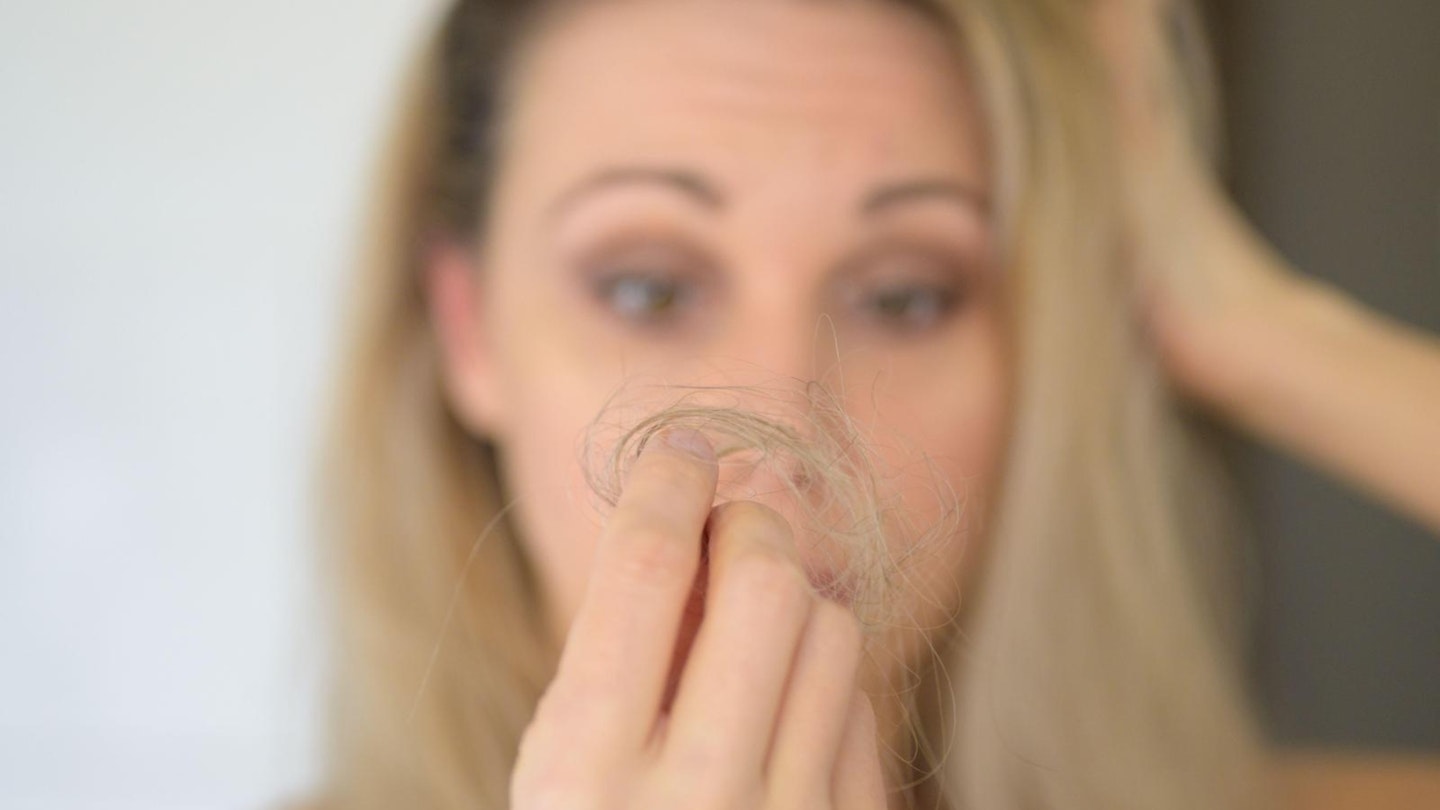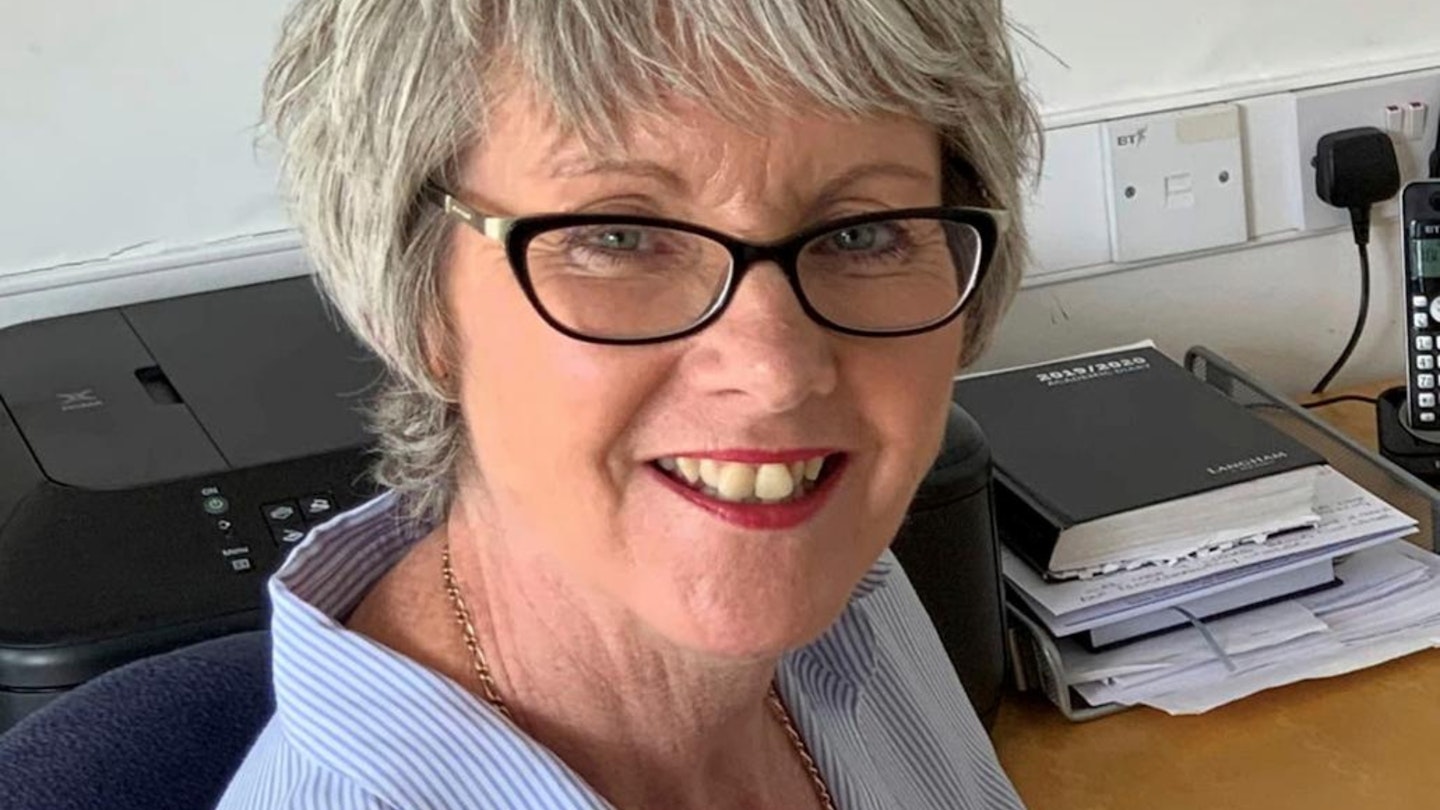Have you been noticing more of your hair coming out when you wash it or little piles on the floor near where you sit? We all experience thinning hair to some degree, but in recent years it’s been on the rise – and while often it is only temporary, it can be seriously upsetting for those affected. Over the past year there’s been a 300 percent increase in online searches for ‘scalp health’ and purchases of specialist hair growth products have rocketed. So, what’s behind this silent hair loss crisis, and what can we do?
Can Covid cause hair loss?
We shed around 100 hairs a day, which you’ll find in your hairbrush or when you wash your hair in the shower. However, when your body goes through trauma, whether it’s illness, stress, or gut health issues, it responds as though it’s under attack and diverts its energies away from non-essential tissue production, such as hair. Figures show that a quarter of people who get Covid report temporary hair loss, with women more likely to be affected. “I’ve seen quite a few Covid hair loss cases over the past year,” confirms trichologist Tracey Walker. This is down to a condition called telogen effluvium, which can be triggered after a sickness or infection. “Telogen is the resting stage of the hair cycle and effluvium means heavy shedding,” Tracey says. “With telogen effluvium, hair loss will generally happen two to four months later. But the hair loss we’re seeing post-Covid is between one and three months and generally acute, which means it’s short, sharp and dramatic.”
Understanding Telogen Effluvium
Telogen effluvium is termed as a reflective hair loss, as it happens two to four months after the triggering event. “We normally lose about 40 to 100 hairs a day often without noticing but if we have an illness, it triggers the hair to go prematurely into this resting stage,” says Tracey. Telogen effluvium occurs when there’s a change in temperature, so when something happens our body goes into emergency mode. “It says ‘Right, I need to conserve energy. What don’t I need?’” Tracey explains. “The body will put other things ahead of hair, whereas we tend to think the hair is really important. We term it hair loss, but it’s actually excessive hair shedding.”
Getting Covid doesn’t necessarily mean you are going to experience hair loss. “If you don't get a temperature or you don't know you’ve had Covid, it most likely won't affect your hair,” says Tracey.
Can hair that has fallen out grow back?
Although distressing at the time, the good news is that hair will grow back and most likely the same as before. “Hair loss lasts around six months,” explains Tracey. “What we usually say is that it will spontaneously recover. If somebody comes into my clinic because they’ve been shedding hair, we could work out it was due to the Covid they had last September, and they started shedding around December or January time. Because it’s already happened you have to kind of ride it out.” But there should be no long-term issues. “It's just an interruption to the hair cycle, so the hair should come back the same as before and grow at the same speed.”

Hair loss and hormones
There is another long-term, less dramatic form of telogen effluvium, which can be caused by things like anemia and low iron levels, diabetes, stress and hypothyroidism. The menopause is another time in our lives when we typically experience thinning strands. Due to a drop in oestrogen and progesterone levels, our hair grows more slowly and becomes finer and thinner. Genes also play a role and female pattern hair loss can be triggered by a change in hormones.
“Oestrogen levels in the body tend to keep the testosterone in check and, when it drops in the menopause, the testosterone becomes a bit more free,” says Tracey. “That can then trigger the gene into expression. You might get a little bit of gradual shedding in a few years leading up to the menopause, but most of the time female pattern hair loss is a non-shedding condition that tends to cause thinning on the top of the head.”
How to improve your hair health from within
There are things you can do to support your hair, and a big part of that is eating a wide-ranging diet. Eating enough protein is key.
“Your hair is made of a high percentage of amino acids (the smallest units of protein) and is reliant on a good, varied diet,” explains Tracey. “We have to ingest protein in order for our body to break this down and then use the relevant amino acids to build strong hair.” Good-quality meat, fish, cheese, eggs and dairy are excellent sources of protein, as well as foods like avocados, pulses and lentils if you follow a vegetarian or vegan diet. If you are veggie, try to combine different protein sources in one meal, Tracey advises. “This will ensure you get all of the amino acids (building blocks of protein) in one go.”
Your hair does change throughout your life and not all of us will have the same full locks we had when we were younger. “The hair will age like the skin does,” says Tracey. “If you are shedding hair excessively, or feel that the hairline or the hair itself is changing, that's when you’d need to see your GP or get a second opinion.” With a diagnosis, you may be recommended a treatment plan. Otherwise, using the correct shampoo and conditioner for your hair and scalp will help restore its appearance. “If your hair is fine or thinning, specific shampoos for hair loss or thinning can help to make the hair more manageable,” says Tracey.
As for routine, Tracey recommends washing your hair and scalp regularly?. “Your scalp is a living tissue and should be kept clean of pollutants, sweat and impurities with a shampoo based on scalp needs and hair texture.”
How to eat 46 grams of protein a day
Make these foods your go to ingredients when planning a meal
1 large egg = 6g
4oz tofu = 11g
3oz cooked chicken breast = 26g
4oz cooked salmon = 27g
Meet the expert

Tracey Walker is a consultant trichologist at hairscalpclinic.co.uk, and a member of The Institute of Trichologists. For more information about hair loss visit the British Association of Dermatologists bad.org.uk.
Jo Carnegie is a seasoned journalist and author with over 25 years of experience in the wellness and lifestyle sectors. Formerly the Deputy Editor of Heat magazine, she is renowned for her insightful celebrity interviews. Jo has published nine women's fiction books and is also an accomplished ghostwriter.
